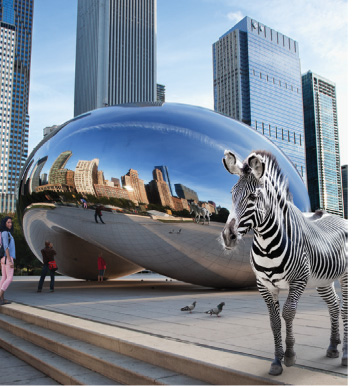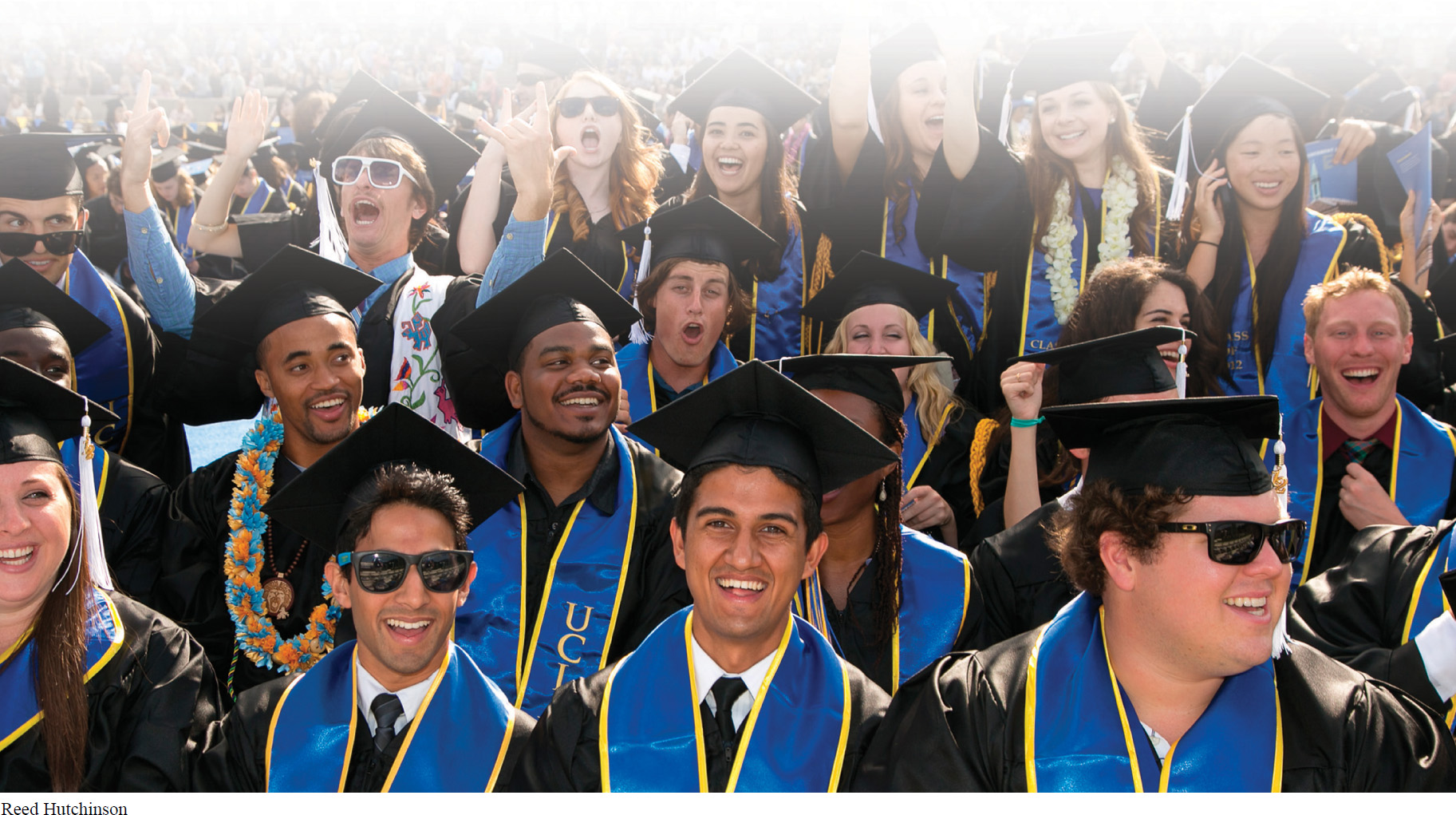KNOWLEDGE YOU CAN USE


In a fraction of a second, we are aware of someone’s size, gender, approximate age—
Question 10.9
Q: What is race, biologically speaking? The biological species concept hinges on a straightforward question: can two individuals interbreed under natural conditions? The concept of race, conversely, is not straightforward. Some biologists have proposed that races are groups of interbreeding populations that have different and distinct traits but are reproductively compatible. But it is important to note that, in humans, beyond phylogenetic distinctions, religion, culture, ethnicity, and geography are common aspects of many legal, social, and political conceptions of race. So do such social constructions of “race” reflect meaningful divisions?
Question 10.10
Q: What do human racial groupings reflect? Are blacks and whites genetically different? The answer is obviously yes; black-
Yet Africans from the southernmost part of the continent have no greater risk of sickle-
This observation reveals an important problem with racial groupings, one that DNA sequence comparisons also show: similarity in skin color between two people doesn’t tell you anything about overall genetic similarity. There is, for example, a huge variation in blood type among Africans: some are type O, some AB, others A or B. But the same goes for any population in the world, Asians and Turks, Russians and Spaniards. Yet we do not group people according to blood type or any other physiological and biochemical variations.
Question 10.11
Q: What is the future of race? Racial groupings such as “Hispanic” or “black” or “Asian” do not reflect consistent genetic differences. Still, race remains an important part of individual, social, cultural, and ethnic identity for many, and its use is mandated by federal agencies. For these reasons, it will remain a powerful social construct, even as scientific consensus emerges that racial groupings do not reflect meaningful genetic distinctions.

439